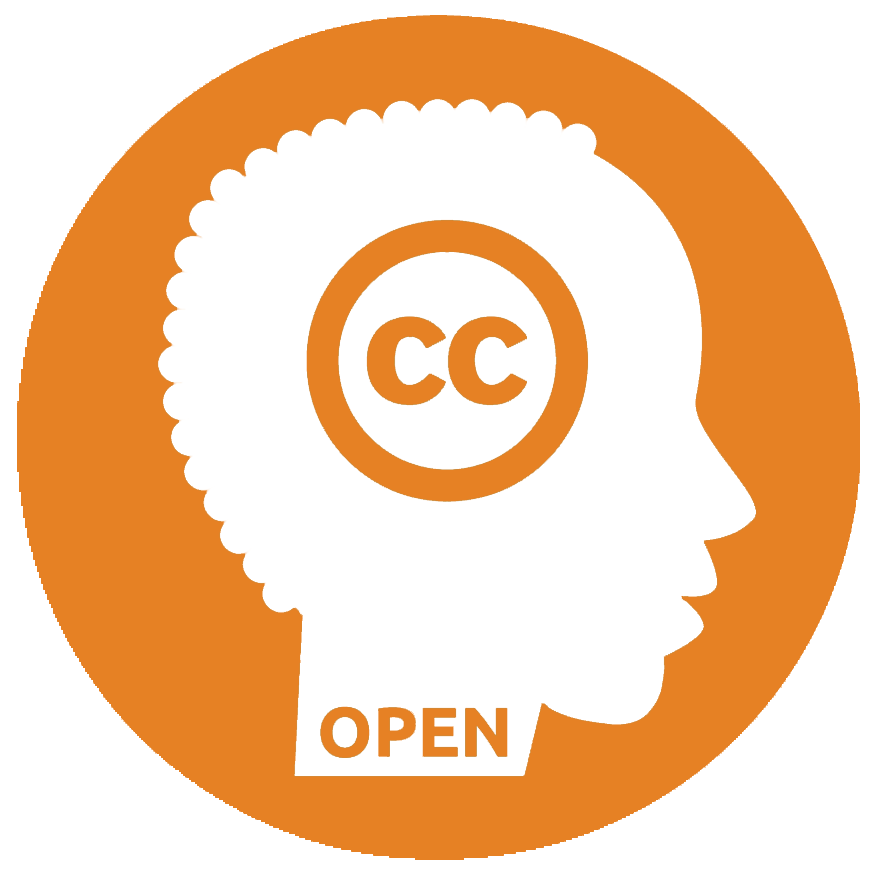The effects of competition in digital game-based learning (DGBL): a meta-analysis
Resource type
Journal Article
Authors/contributors
- Chen, Ching-Huei (Author)
- Shih, Chun-Chao (Author)
- Law, Victor (Author)
Title
The effects of competition in digital game-based learning (DGBL): a meta-analysis
Abstract
Digital game-based learning (DGBL) is known to be widely used for improving learning in various fields. Among the elements of DGBL, competition has been very controversial. This meta-analysis, which included 25 articles written between 2008 and 2019, revealed that DGBL has produced improvements for learning outcomes with an overall effect size of .386. In addition, we explored multiple moderators to understand how competition in DGBL influenced student learning for different learners, contexts, game types, and learning outcomes. We found that competition in DGBL was effective for math, science and language, but not for social science and other subjects. It was effective for K12 students and college students. It was effective for puzzle, strategy, role-playing, and simulation, but not for action games. Finally, competition in DGBL was equally effective for cognitive and non-cognitive outcomes. Through the results of this study, we fill a critical gap in the research left by recent reviews, which do not examine the role of competition; a key gaming element. In addition, we offer a number of suggestions for future studies.
Publication
Educational Technology Research and Development
Volume
68
Issue
4
Pages
1855-1873
Date
08/2020
Journal Abbr
Education Tech Research Dev
Language
en
ISSN
1042-1629, 1556-6501
Short Title
The effects of competition in digital game-based learning (DGBL)
Accessed
27/09/2022, 11:42
Library Catalogue
DOI.org (Crossref)
Citation
Chen, C.-H., Shih, C.-C., & Law, V. (2020). The effects of competition in digital game-based learning (DGBL): a meta-analysis. Educational Technology Research and Development, 68(4), 1855–1873. https://doi.org/10.1007/s11423-020-09794-1
Outcome measure
Instructional domain (subject)
Education Level and Type
Groups of students
School or home
Moderating variables
Tech Hardware
Tech Software
Teacher Pedagogy
Research methods
Effect size/ heterogeneity
HIC/LMIC
Quality of research
Geography if specific
Link to this record

